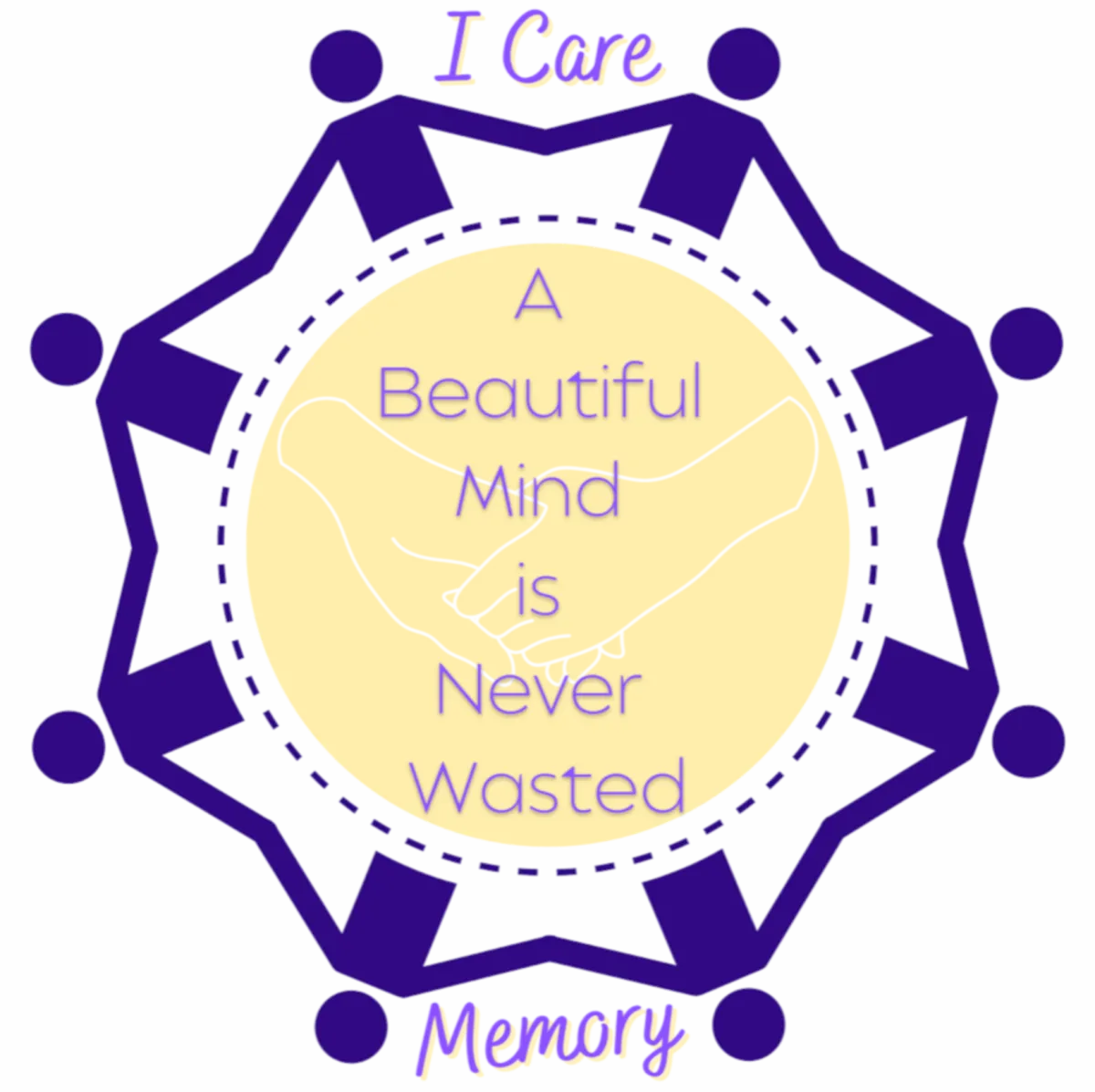
Alzheimer's Disease: Unraveling the Mystery
Alzheimer's Disease: Unraveling the Mystery
Deep Dive Podcast "Unraveling the Mystery"
Alzheimer's disease is a complex and devastating brain disorder that affects millions of people worldwide. It is the most common cause of dementia, accounting for 60-80% of cases. The disease is characterized by the progressive loss of memory, thinking skills, and the ability to perform everyday tasks. While there is currently no cure for Alzheimer's, there are treatments that can help manage symptoms and slow the progression of the disease.

Brain Changes in Alzheimer's Disease
Alzheimer's disease is caused by damage to nerve cells (neurons) in the brain. The brain's neurons are essential to all human activity, including thinking, talking, and walking. In Alzheimer's disease, the neurons damaged first are those in parts of the brain responsible for memory, language, and thinking, which is why the first symptoms tend to be memory, language, and thinking problems.
The brain changes that cause Alzheimer's symptoms are thought to begin 20 years or more before symptoms start. Although these symptoms are new to the individual affected, the brain changes that cause them are thought to begin 20 years or more before symptoms start.
Alzheimer's Disease Continuum
The progression of Alzheimer's disease from brain changes that are unnoticeable by the person affected to brain changes that cause problems with memory and thinking, and eventually, physical disability is called the Alzheimer's disease continuum.
The Alzheimer's disease continuum is a model that describes the progression of Alzheimer's disease from its earliest stages to its most severe. The continuum is divided into three broad phases: preclinical Alzheimer's disease, mild cognitive impairment (MCI) due to Alzheimer's disease, and dementia due to Alzheimer's disease.
1. Preclinical Alzheimer's Disease
In this phase, individuals have measurable brain changes that indicate the earliest signs of Alzheimer's disease, but they have not yet developed symptoms such as memory loss or difficulty thinking.
2. Mild Cognitive Impairment (MCI) Due to Alzheimer's Disease
People with MCI due to Alzheimer's disease have biomarker evidence of Alzheimer's brain changes plus new but subtle symptoms such as problems with memory, language, and thinking. These cognitive problems may be noticeable to the individual, family members, and friends, but not to others, and they may not interfere with the individual's ability to carry out everyday activities.
3. Dementia Due to Alzheimer's Disease
Dementia due to Alzheimer's disease is characterized by noticeable memory, language, thinking, or behavioral symptoms that impair a person's ability to function in daily life, combined with biomarker evidence of Alzheimer's-related brain changes.
Mixed Dementia
Many people with dementia have brain changes associated with more than one cause. This is called mixed dementia. Some studies report that the majority of people with the brain changes of Alzheimer's disease also have the brain changes of a second cause of dementia on autopsy.
Alzheimer's Treatments
There are currently no cures for Alzheimer's disease, but various medications and non-drug treatments can help manage the symptoms and slow the progression of the disease.
Medications
The drugs available for the treatment of Alzheimer's disease include:
Disease-modifying drugs: These drugs change the underlying biology of Alzheimer's and slow cognitive and functional decline in some individuals. Examples include aducanumab and lecanemab.
Symptom-treating drugs: These drugs treat the symptoms of Alzheimer's dementia. Examples include donepezil, rivastigmine, galantamine, memantine, and brexpiprazole.
Non-Drug Treatments
There are also non-drug treatments for the symptoms of Alzheimer's disease. Non-drug treatments do not change the underlying biology of the disease. They are often used with the goals of maintaining or improving cognitive function, overall quality of life and engagement, and the ability to perform activities of daily living. Non-drug treatments include physical activity, memory and orientation exercises, music and art-based therapies, and many others.
Risk Factors for Alzheimer's Dementia
The vast majority of people who develop Alzheimer's dementia are age 65 or older. This is called late-onset Alzheimer's dementia. Experts believe that Alzheimer's dementia, like other common chronic diseases and conditions, develops as a result of multiple factors rather than a single cause.
Age, Genetics, and Family History
The greatest risk factors for Alzheimer's dementia are older age, genetics, and having a family history of Alzheimer's dementia.
Modifiable Risk Factors
Although age, genetics, and family history cannot be changed, some risk factors can be changed or modified to reduce the risk of cognitive decline and dementia. Examples of modifiable risk factors are physical activity, smoking, education, staying socially and mentally active, blood pressure, and diet.
Looking to the Future
The discovery that Alzheimer's disease begins 20 years or more before the onset of symptoms suggests that there is a substantial window of time in which we may be able to intervene in the progression of the disease. Scientific advances are already helping the field to make progress in these presymptomatic years. For example, advances in the identification of biomarkers for Alzheimer's disease make it possible to identify individuals who have beta-amyloid accumulation in the brain and who may qualify for clinical trials of experimental treatments that aim to reduce the accumulated beta-amyloid and in doing so prevent or delay the onset of symptoms.
The information provided in this blog article is intended for educational purposes only and should not be considered medical advice. Please consult with a qualified healthcare professional for any health concerns or before making any decisions related to your health or treatment.
Sources and related content:

